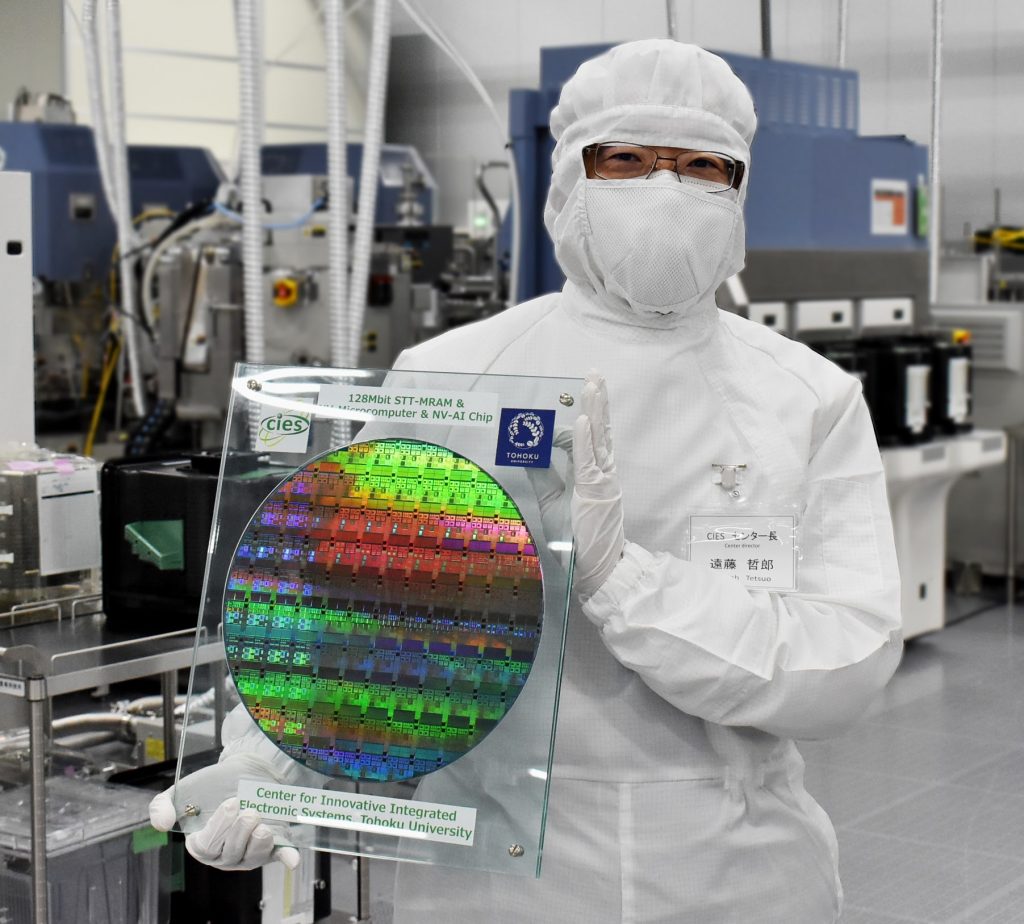The University of Chicago recently announced a collaboration with Tohoku University to create a “quantum alliance.” As these two institutions are powerhouses for quantum research, this alliance will no doubt help to push the limits on quantum science. According to the press release: “The newly formed Chicago-Tohoku Quantum Alliance will focus on research in quantum sensing, quantum communication, and new materials development, and work to promote student exchange, industry partnerships, and start-ups.”
The decision to partner with Tohoku University was not a difficult one. According to David Awschalom, the Liew Family Professor of Molecular Engineering and Vice Dean for Research and Infrastructure at the University of Chicago: “Tohoku University is one of the largest engineering science schools in Japan, with a world-class materials engineering program. They have the leading synchrotron facility in Japan, which is a tool for generating X-rays to look at the atomic scale properties of matter. They also have a very strong theoretical materials modeling program to try and understand how you create new materials for new functionality. So, there’s a lot of synergy between their interests and those of the faculty at the University of Chicago and our collaborators.”
The Quantum Alliance Includes Accelerator Programs
Chicago is already a hub for quantum research and innovation, especially with the close ties between the University of Chicago and the Chicago Quantum Exchange. The Chicago Quantum Exchange combines experts from academia and industry to share ideas, facilitate discussions, and encourage collaborations in accelerating quantum technology. One of the ways that they are doing this is through the Duality Accelerator program. “The idea of a quantum startup accelerator to launch new companies and how a business school partners with a science and engineering program and what attracts students into that dynamic between the two,” elaborated Awschalom. Duality has caught the attention of the Tohoku University collaborators as a potential model for other programs. “They’ve offered to launch a version of Duality in Japan and build a satellite at the Chicago Quantum Exchange,” added Awschalom.
Focusing on the Future Workforce
Besides looking at startups, the quantum alliance between these two universities will also heavily focus on teaching students quantum computing. “One of the biggest challenges for quantum technology is the workforce,” explained Awschalom. “And I don’t say that as someone working in a university, but somebody who understands the challenges of industry (I also used to be at IBM before I was at the University of California, and now here in Chicago). It’s a major challenge in the United States to hit the number of people needed to build a new generation of quantum engineers.”
The two universities will focus on hands-on research experiences in quantum sensing and quantum communication to train this next-generation workforce. There are also opportunities for students to travel between the two universities as exchange students. “We’ve talked about teaching courses in Japan as part of our graduate program, mimicking what successful business schools do, which is to teach part of their core curriculum around the world, viewing business as a global enterprise,” Awschalom added. “I’m very sure that will happen.”
The Quantum Alliance Will Help Chicago
This university collaboration will no doubt have benefits on the local level as well. “I think this will be a genuine boost to the quantum hub in Chicago because it will bring in dozens of Japanese telecom and electronics industries,” Awschalom stated. “By exposing them to the Chicago Quantum Exchange, we can be able to learn deeply this very broad set of industrial interests from finance to technology, to secure communication to pharma. So bringing Japanese companies into the mix will also help American companies understand what some global opportunities can be.” As this quantum alliance matures, Awschalom is certain that Chicago’s quantum hub will only enrichen itself. As he explained: “We believe that this will be a chance for some of the companies in Asia to establish a footprint in Chicago and the Chicago region.”
Kenna Hughes-Castleberry is a staff writer at Inside Quantum Technology and the Science Communicator at JILA (a partnership between the University of Colorado Boulder and NIST). Her writing beats include deep tech, quantum computing, and AI. Her work has been featured in Scientific American, New Scientist, Discover Magazine, Ars Technica, and more.
